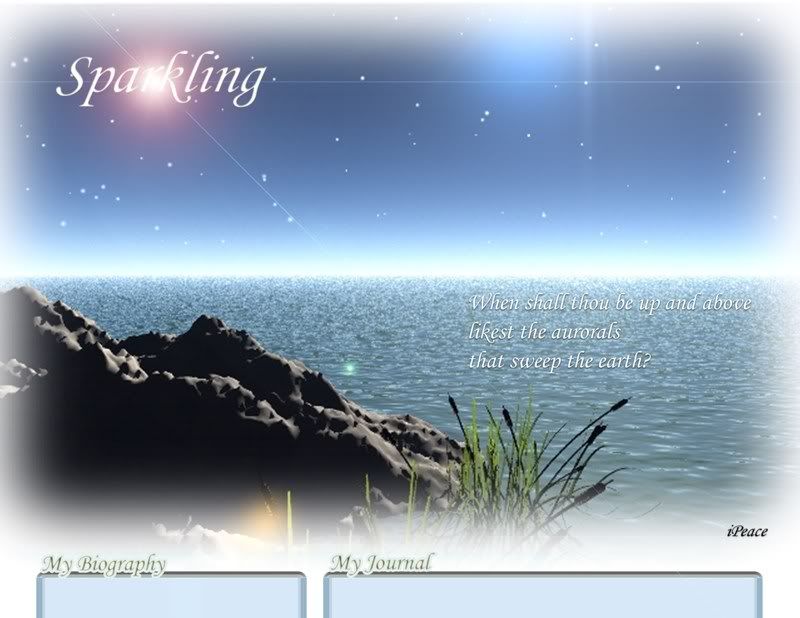Sunday, April 5, 2009 . 11:01 AM
NEW PARADIGM FOR HEALING EMOTIONAL SHOCK AND TRAUMA(part 4) GENERAL SIGNS OF SHOCK
Signs of shock in adults include elevated stress hormones (as measured on the Adrenal Stress Index saliva test) as well as the inability to shift or heal:
1.) long-standing patterns (productive or not)
2.) deep feelings of insecurity
3.) unexplained confusion or sensitivity
4.) irrational distrust or fear
5.) profound grief
6.) disconnection from spirit/soul/God
(Credits to:http://www.terrylarimore.com/Shock.html)
Done by: Malorie Tan
